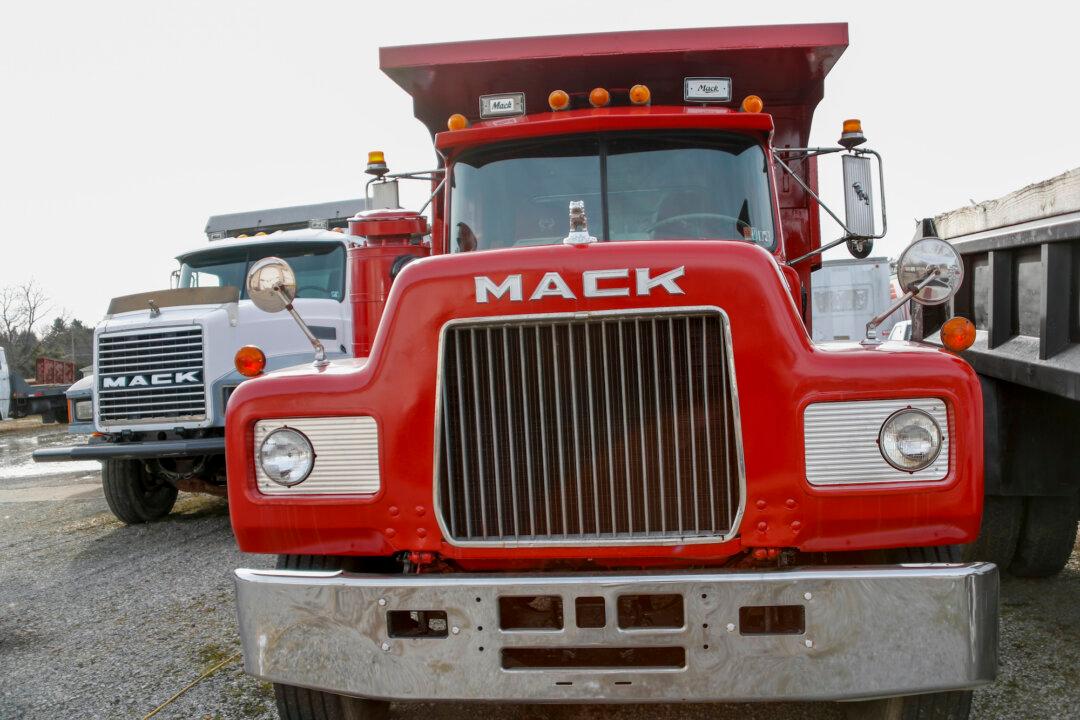Members of the United Auto Workers (UAW) at Mack Trucks walked off the job on Oct. 9 after overwhelmingly rejecting a new contract deal, bringing the total number of striking UAW members to more than 30,000 across 22 states.
About a week ago, Mack Trucks reached a tentative deal with the UAW that included a 20 percent general wage boost over the duration of a five-year contract.





